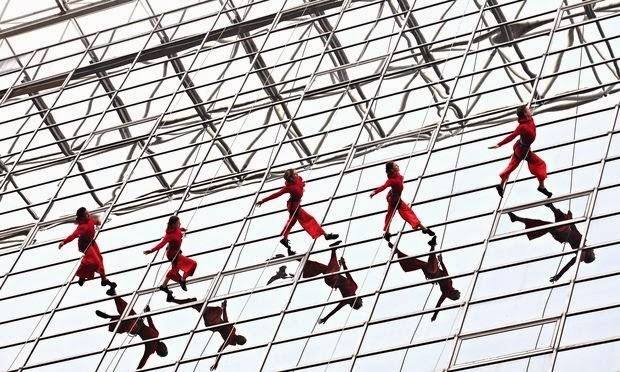It was a funny old week last
week. It started in a slightly worrying way with me waking up at 03.00 in the
House in Scotland remembering that I had agreed to open a conference in Media
City UK. I had been given the brief on the Thursday before, but filed this in my bag
and promptly forgot all about it until my mind kicked in at 03.00 on the Monday morning. So it
was an early start and dash down South. The conference aim was to explore how our
Directorate of Social Work could work differently with stakeholder agencies across
the public private sector.
The conference was very well
attended and I am looking forward to seeing how some of the connection made
during the day emerge into new ways of working and project ideas for research
and practice improvement. On Tuesday I opened the second day of our School
conference on Wounds and wound care. 225 people from all areas of wound care attended and
there was a definite buzz across campus as delegates participated in a range of
different workshops. My paper was on the wounds to the mind, and to peoples
mental health and well-being that can arise from child and early life
experiences.
My paper took the audience for a quick romp through the
paintings of Frida Kahlo, Carl Jung’s notion of the Wounded Healer and Isabel’s
Menzies-Lyth’s work on social defense responses used by nurses. I enjoyed being
part of the conference and of course relished sprinkling my presentation with
images of the provocative kind.
Images featured heavily
throughout the week. Some were humorous, like those used to illustrate the
story that reported on why men are decorating their beards. Sara Gold McBride,
a PhD student from Berkeley, who is studying the connection between facial hair
and power in history thought it might be a playful way of establishing some distance from
barefaced authority! Me, well I just smiled at the images of beards, possibly the
ultimate symbol of masculinity, getting floral makeovers.
Some images were a great deal
more sobering. The beautiful but sad picture of the victims of the outrageous MH17
disaster arriving home to the Netherlands showed a great deal more respect and
humanity than had been shown to them a the Ukrainian crash site.
And in the smoke and mirrors
defence mounted by the Healthier Together team of their so called inclusive
consultation of how acute care and specialist health services in the Greater
Manchester area might look if they get their way, I was captivated by a
photograph by Harish Tyagi. This was used to illustrate a paper that explored what processes needed to be developed that could best support the integration and interaction – vertically between
generalists and specialists and horizontally between acute, primary and social
care.
The best combination of image and
cleverness to catch my eye last week was the site that allowed you to assess
your risk of a heart attack, stroke and assorted other problems. Users of the test will need to be honest in making their responses to the questions, but it is a brilliant idea. Try it for yourself here. In an age of increasingly chronic disease conditions, many of which could be avoided, there are more and more signs of efforts moving up stream, in terms of prevention, health promotion and self care. What Carl Jung might have thought about these changes remains unknown however.



















